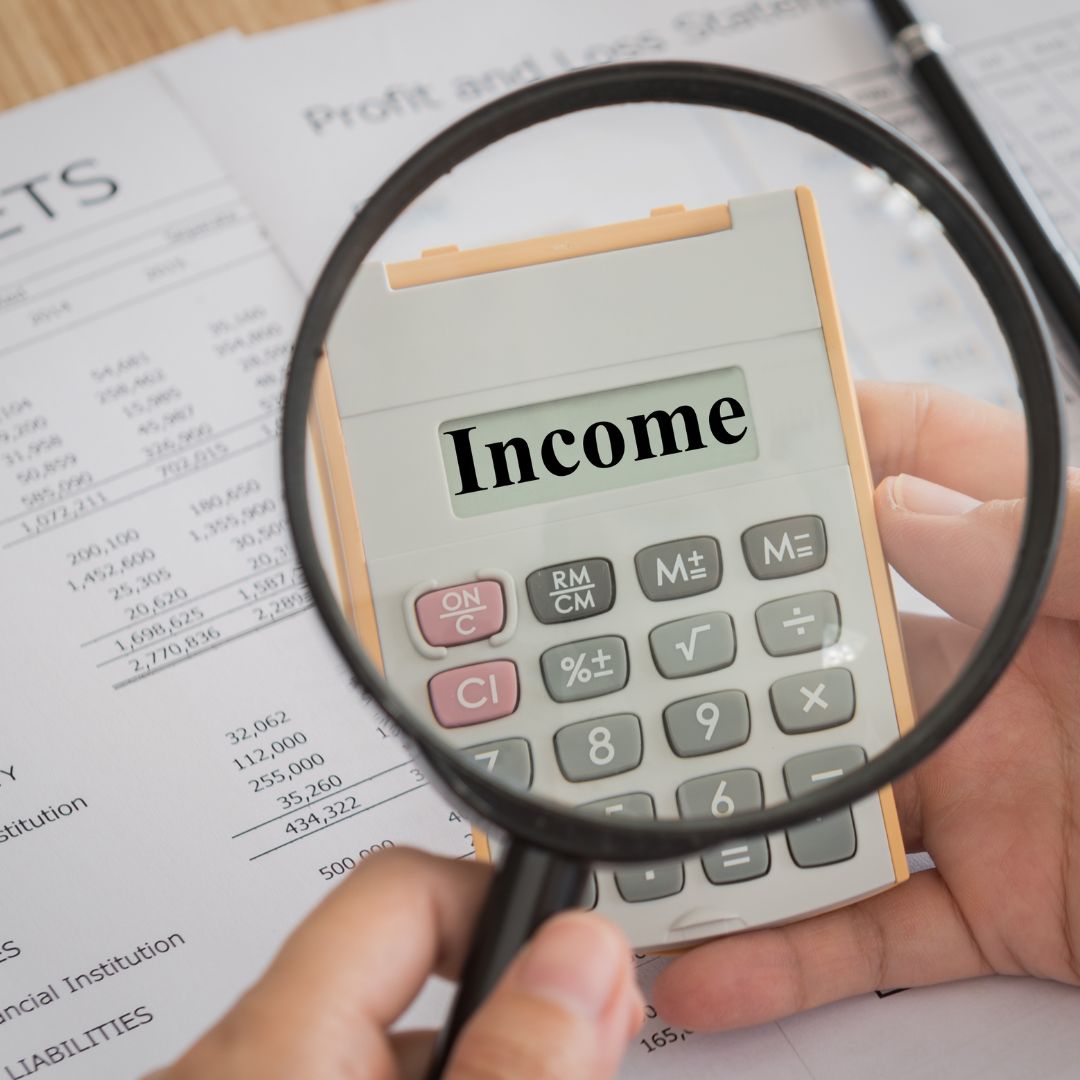Expats living and working in Thailand often face challenges navigating the local tax system. Thailand has its own set of rules and regulations that may differ significantly from the tax systems in other countries, which makes it crucial for expats to understand how personal income tax works in the country.
Here’s a guide to help expats in Thailand better understand personal income tax and how to stay compliant.
1. Tax Residency in Thailand
The first thing an expat should know is that tax residency plays a key role in how taxes are applied. According to Thai law, a person is considered a tax resident if they stay in Thailand for 180 days or more in a calendar year. If you meet this criterion, you are subject to Thai income tax on your worldwide income. This is an important distinction because non-residents are only taxed on income earned within Thailand.
Taxable vs. Non-Taxable Residents:
- Tax Residents: Pay tax on both Thai and foreign income.
- Non-Tax Residents: Only pay tax on income sourced within Thailand.
2. Tax Rates and Brackets
Thailand operates on a progressive tax system, meaning the more you earn, the higher the percentage of tax you will pay. As of 2025, the tax rates for personal income are as follows:
- Up to 150,000 THB: 0%
- 150,001 to 300,000 THB: 5%
- 300,001 to 500,000 THB: 10%
- 500,001 to 750,000 THB: 15%
- 750,001 to 1,000,000 THB: 20%
- 1,000,001 to 2,000,000 THB: 25%
- 2,000,001 to 5,000,000 THB: 30%
- Over 5,000,000 THB: 35%
These rates apply to the net income after allowable deductions and exemptions.

3. Taxable Income
Expats are required to pay tax on their total income, including salary, wages, bonuses, and other sources of income, such as rental income, investment income, and business profits. However, there are some income sources that are not taxable or that may be taxed at different rates.
Common Taxable Income:
- Salary and wages from employment
- Bonuses, allowances, and benefits provided by the employer
- Rental income from properties in Thailand
- Income from freelance work or self-employment in Thailand
- Interest and dividends from Thai sources
Non-Taxable Income:
- Foreign income for non-residents
- Certain types of compensation and benefits (if exempted under a double tax agreement)
4. Deductions and Allowances
Thailand offers several deductions that expats can use to reduce their taxable income, making it essential to take advantage of them to lower their tax bill.
- Personal Allowance: Every tax resident is entitled to a personal allowance of 60,000 THB.
- Spouse and Children: If you have a spouse or dependent children, you may be eligible for additional allowances. A spouse allowance is 30,000 THB per spouse, and a child allowance is 30,000 THB per child.
- Social Security Contributions: Contributions to the Thai social security system are tax-deductible up to a certain amount.
- Other Allowances: There are also allowances for disability, education expenses, and medical expenses.
It's essential to keep all receipts and documentation to claim these deductions when filing taxes.
5. Tax Filing and Payment Deadlines
Tax filing in Thailand typically occurs on an annual basis, with the tax year running from January 1 to December 31. The tax filing deadline for individuals is generally March 31 of the following year. However, expats can also opt for a self-assessment system, where taxes are paid based on their estimated income.
- Tax Returns: Expats must submit a personal income tax return (Form PND 91) to the Revenue Department.
- Payment: Taxes are usually paid in installments throughout the year, with the final payment due when filing the return.
It’s important to make sure your taxes are filed on time to avoid penalties or interest on late payments.
6. Double Taxation Agreements (DTAs)
Thailand has signed double taxation agreements (DTAs) with numerous countries to avoid double taxation on income. These agreements allow you to claim tax credits or exemptions on income that is taxed in both Thailand and your home country. If your home country has a DTA with Thailand, it can help you minimize your tax burden.
For example, if you’re an expat from a country with a DTA with Thailand (such as the U.S., U.K., or Australia), you may be able to avoid paying taxes in both countries on the same income. In such cases, it’s advisable to consult a tax professional to ensure you’re taking full advantage of the DTA.
7. Social Security Contributions
In Thailand, both employers and employees are required to contribute to the Social Security Fund. The employee’s contribution is typically 5% of their monthly salary (up to a salary cap), and employers contribute an equal amount. This system covers healthcare, maternity leave, disability benefits, and pensions.
If you’re employed by a Thai company, this contribution is automatically deducted from your paycheck. However, as an expat, you may be exempt from certain benefits or may have different requirements depending on your home country’s social security agreement with Thailand.

8. Tax Refunds and Exemptions
It’s possible to claim a tax refund in Thailand if you have overpaid taxes during the year. This typically happens if you’ve paid taxes through your employer via a withholding tax and end up owing less than what was deducted. You can file for a refund during the tax filing process.
In addition, certain exemptions apply to specific types of income, such as capital gains from the sale of property or shares (though the rules can be complicated), and certain interest or dividends might be taxed at a reduced rate.
9. Foreign Income and Tax Exemptions
If you’re a tax resident in Thailand, you are generally taxed on worldwide income. However, foreign income that is not remitted to Thailand (i.e., income earned abroad and not transferred to Thailand) may be exempt from Thai taxation. However, if you do transfer this income to Thailand, it could be subject to tax.
For non-residents, foreign income is not taxable unless it is sourced from Thailand. This makes it essential for expats to consider the remittance of income when planning their tax obligations.
10. Hiring a Tax Professional
Navigating Thai tax laws can be challenging, particularly for expats who may be unfamiliar with the system. It’s often advisable to seek assistance from a tax professional or accountant who specializes in expat taxation in Thailand. They can help you navigate the complex tax rules, ensure you're compliant, and possibly identify areas where you can save on taxes.
Conclusion
Personal income tax in Thailand for expats requires understanding tax residency, rates, and available deductions. Expats should be mindful of tax deadlines, the impact of DTAs, and whether their income is considered taxable in Thailand. Given the complexity of the Thai tax system, hiring a local tax professional can be beneficial to ensure compliance and optimize your tax situation. By staying informed and organized, expats can successfully manage their tax obligations in Thailand.



